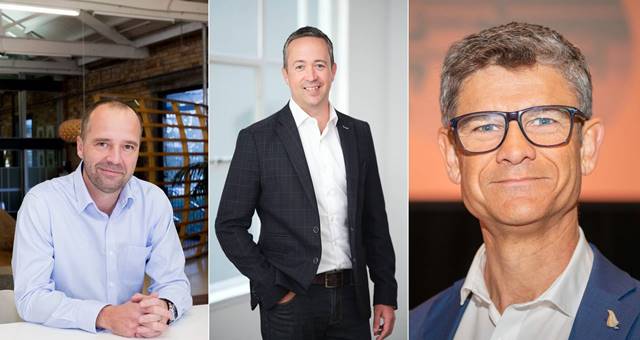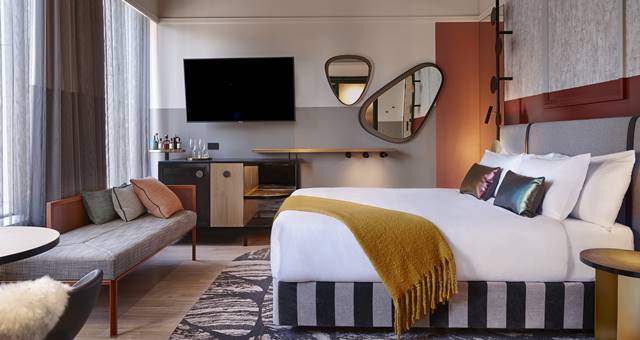Reunification of Australians and Kiwis is high on the agenda for New Zealand’s hotel and tourism associations, with a clear unified message coming on the back of the newly launched travel bubble.
Tourism New Zealand Chief Executive, René de Monchy, said the opening of the travel corridor between the countries was a positive step which will be valuable for both nations, but that he wasn’t expecting miracles from the first day.
“We aren’t expecting Australian visitor numbers to return to previous levels for some time, and expect the first to travel will be those reconnecting with family and friends,” de Monchy said.
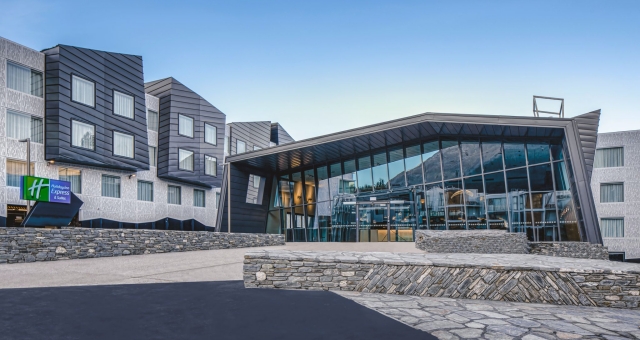
“Tourism must give back more than it takes. We have a strategic marketing approach to deliver exactly that and ensure visitors have clear expectations of how to look after our home.”
The tourism body added 89% of New Zealanders supported the resumption of the tourism industry once it was safe to do so, and that it was important to the wellbeing of the country overall.
Research conducted by the organization showed more than half of Australians were eager to enjoy a holiday full of fun and adventure, mixed with rest and relaxation, with these findings to form critical elements of its promotional activity starting soon.
Tourism Industry Aotearoa said tourism operators around the country were breathing a sigh of relief, with bookings now able to be taken with confidence as staff numbers are scaled back up.
TIA Chief Executive, Chris Roberts, said caution should still be exercised as the speed and rate of travellers entering the country was unknown.
“Surveys have shown there is pent up demand for travel and Australians have no other options for international travel at present,” Roberts said.
“But we anticipate that there will be some initial caution on both sides of the Tasman. We expect that people reuniting with family and friends will lead the way, followed by business people and holidaymakers.”
Roberts said the travel bubble was a great first step that will eventually result in reconnecting both countries with the rest of the world.
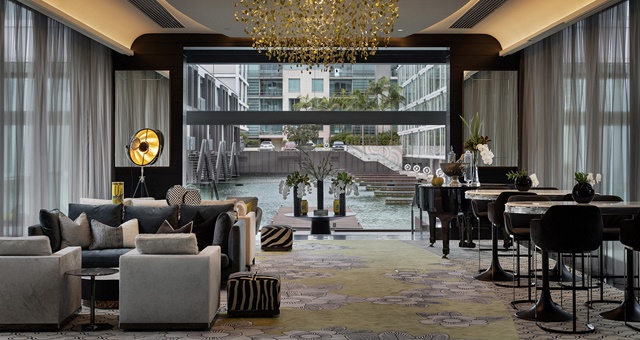
“The procedures and protocols that are being put in place will be a blueprint for opening up travel from other countries as soon as it is safe to do so,” Roberts added.
Speaking on behalf of the country’s hoteliers, Hotel Council Aotearoa Strategic Lead, James Doolan, said much work was still needed to build traveller confidence particularly as to how leaders from both countries react to future community outbreaks.
“For hotels, clear and definitive timelines are vitally important,” Doolan said.
“Hotels need bookings in advance. Hotels must also hire and train staff to deal with increased demand and order in food and other consumables. Without proper staff and training, it’s impossible to deliver a truly international-standard guest experience.”
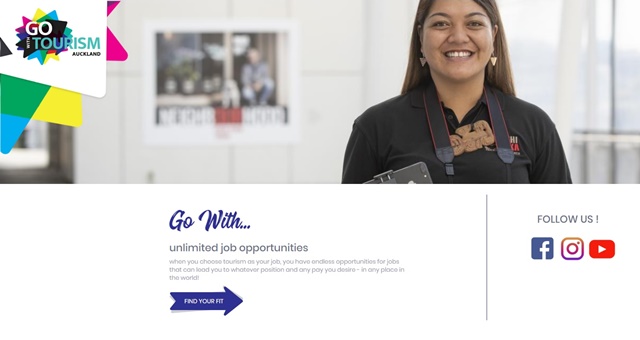
Doolan criticised the response of the New Zealand Government and its response to devising a temporary solution to hotel staffing levels, with the message sent loud and clear that foreign students and working holidaymakers – both of whom are no longer in the country – often fill hospitality roles but are no longer in the country.
“In addition, government has pushed ahead with changes to visa policy settings that make it almost impossible to bring experienced hotel labour in from overseas,” he said.

